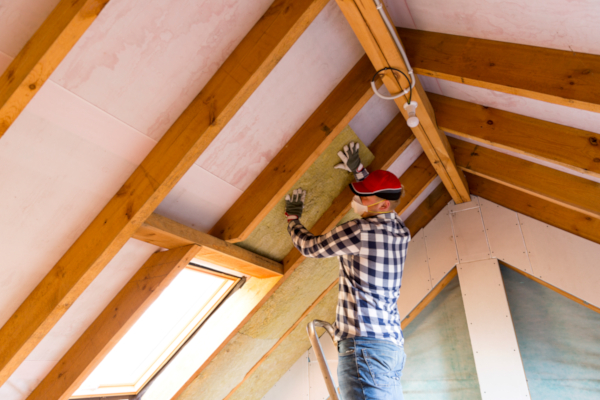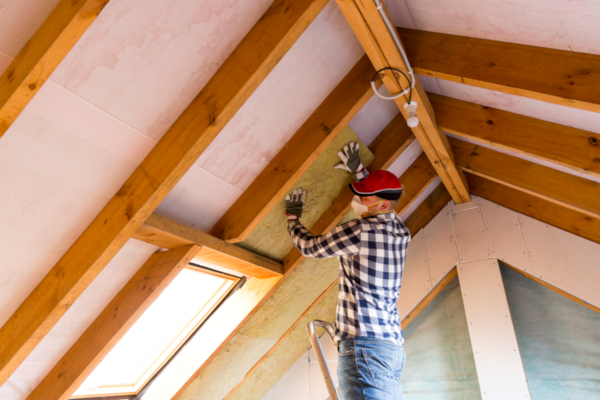HHHH - Health Homes, Healthy People
HHHH - Health Homes, Healthy People
National projectThe project aims to give people warmer safer and healthier homes this is done by offering advice support and referral options tailored to the needs of the household. Specific categories include energy-saving advice to fuel debt assistance, home safety advice to advice on benefit entitlement. All applicants have access to energy saving advice, smart meter advice, benefit entitlement advice, tariff switching service, carbon monoxide awareness, fire safety and smoke alarm advice. Additional services are available but are dependent on criteria such as age, vulnerability, if the resident receives particular other benefits and poor health.
These services include carbon monoxide detector, slips, trips and falls assessment, debt management, free gas connection, cooker locking valve, home insulation and heating, priority services register, community alarms, fuel debt assistance, water tariff discount, boiler replacement and/or referral. Householders can either approach HHHP themselves or in some cases are targeted on a door-to-door basis drawing on knowledge from the sister project FRESH focused on vulnerability mapping. The HHHP team review the householder's eligibility to access certain services as well as making them aware of services that are available to all applicants. There is no specific project deadline identifiable but the scheme has now been extended from Wales to the South West of England. Despite the criteria eligibility for some measures, there are also measures that are available to everyone which is a good way of catching those falling through the gaps.
The budget of the project is between 100.000 and 1M€. There are plans to replicate the project in Cornwall following its success in Wales. Furthermore, the project draws from findings of sister project Warm Wales' FRESH vulnerability mapping, which targets communities through high resolution mapping.
The project started in 2018 and is ongoing.
Main beneficiaries: the disabled, elderly, energy-poor and low-income people.
It addresses the topics of: health, behaviour, heating and cooling system, debts, energy efficiency, smart meters and energy prices.
-
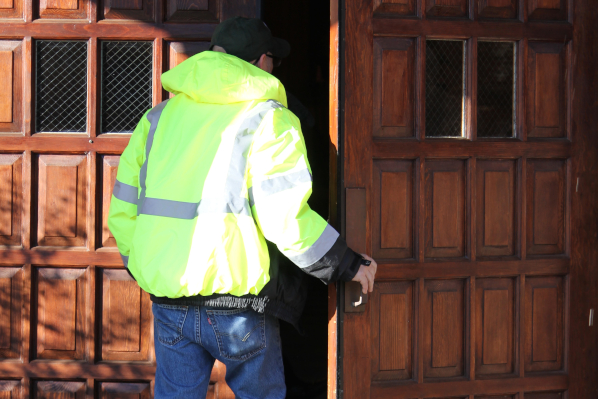
-

Wales, England
-
 Geographical scale:
Geographical scale:
-
 Energy poverty phase:
Energy poverty phase:
-

-
 Professionals involved:
Professionals involved:
-
 Type of funding:
Type of funding:
Private funds from Wales & West Utilities -
SDGs addressed:
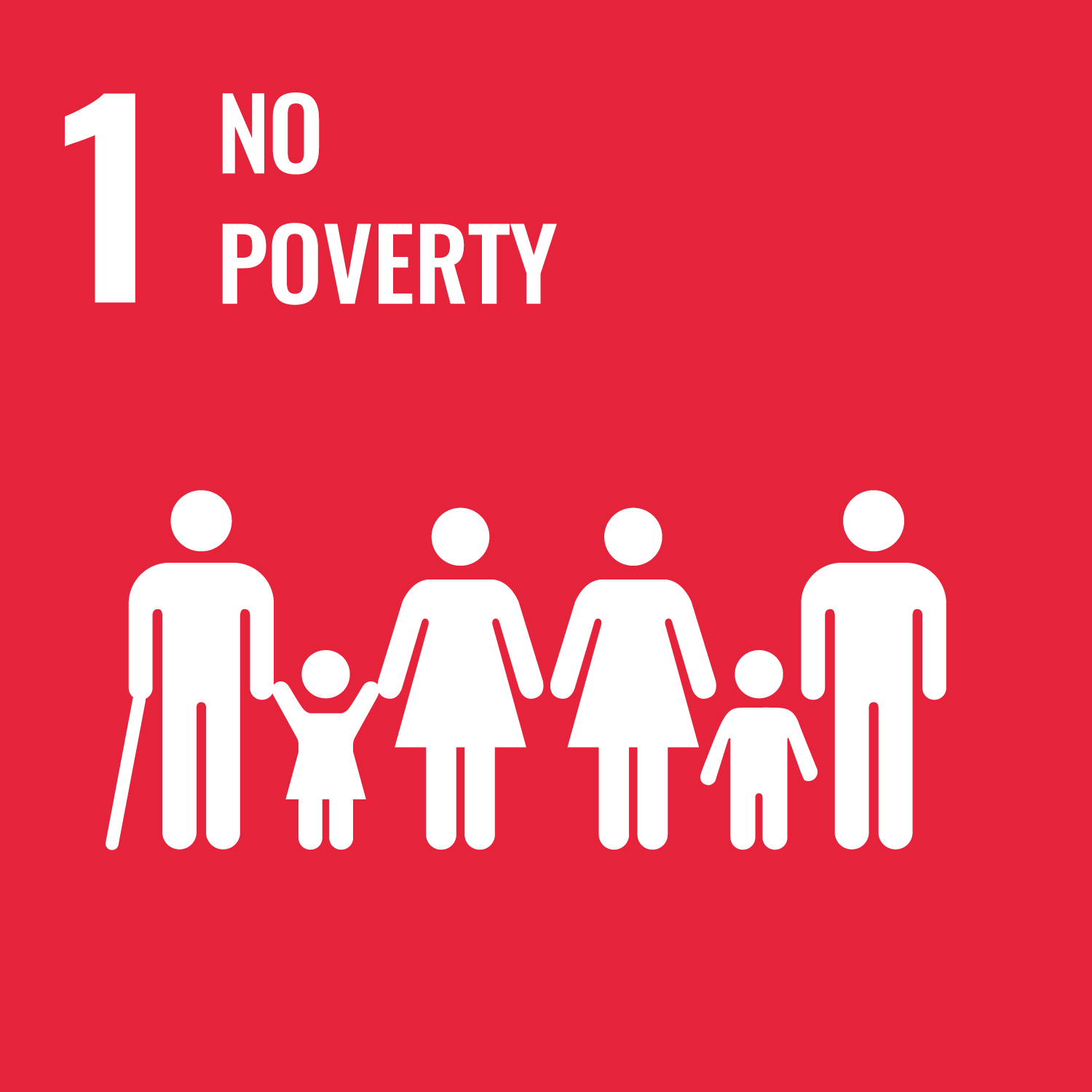
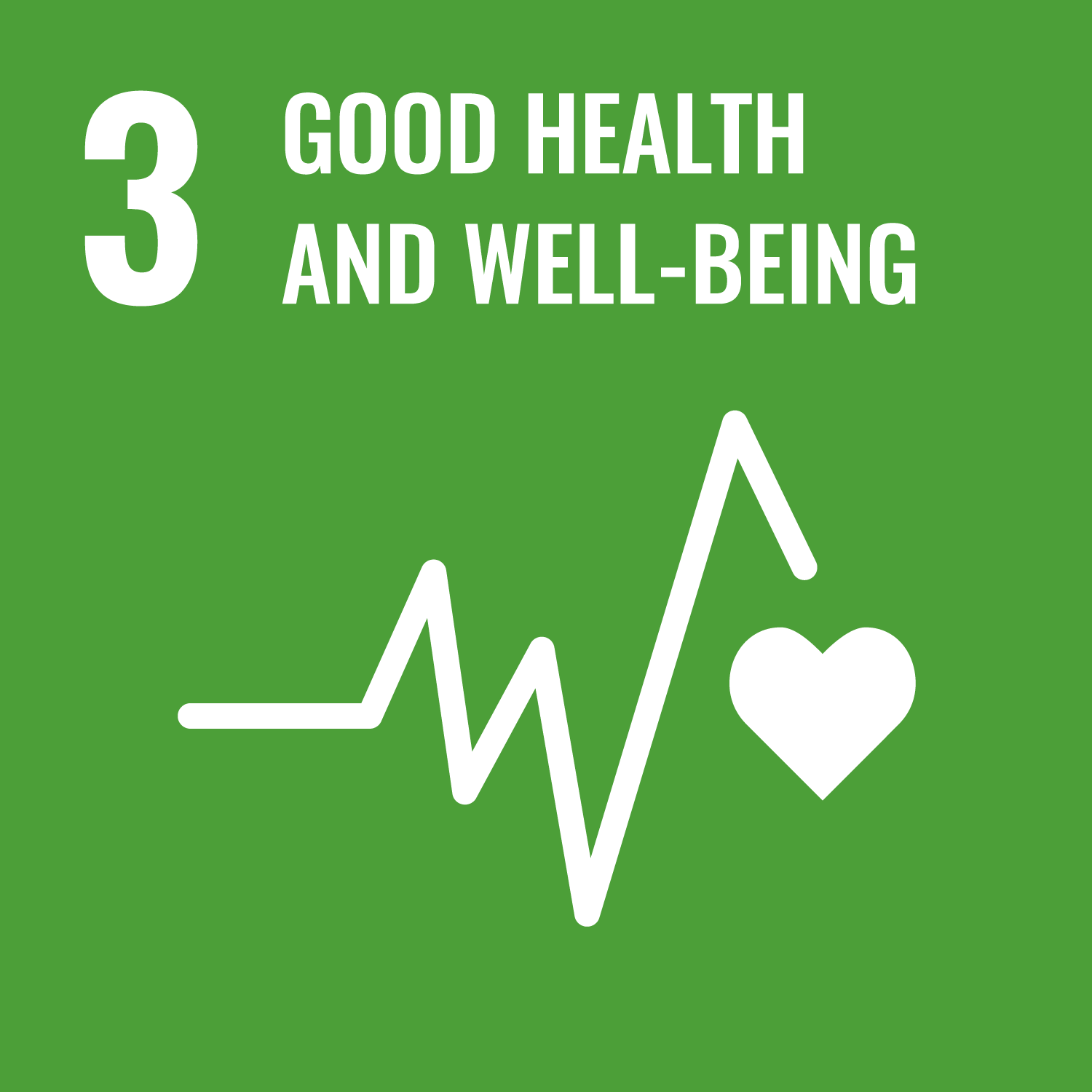
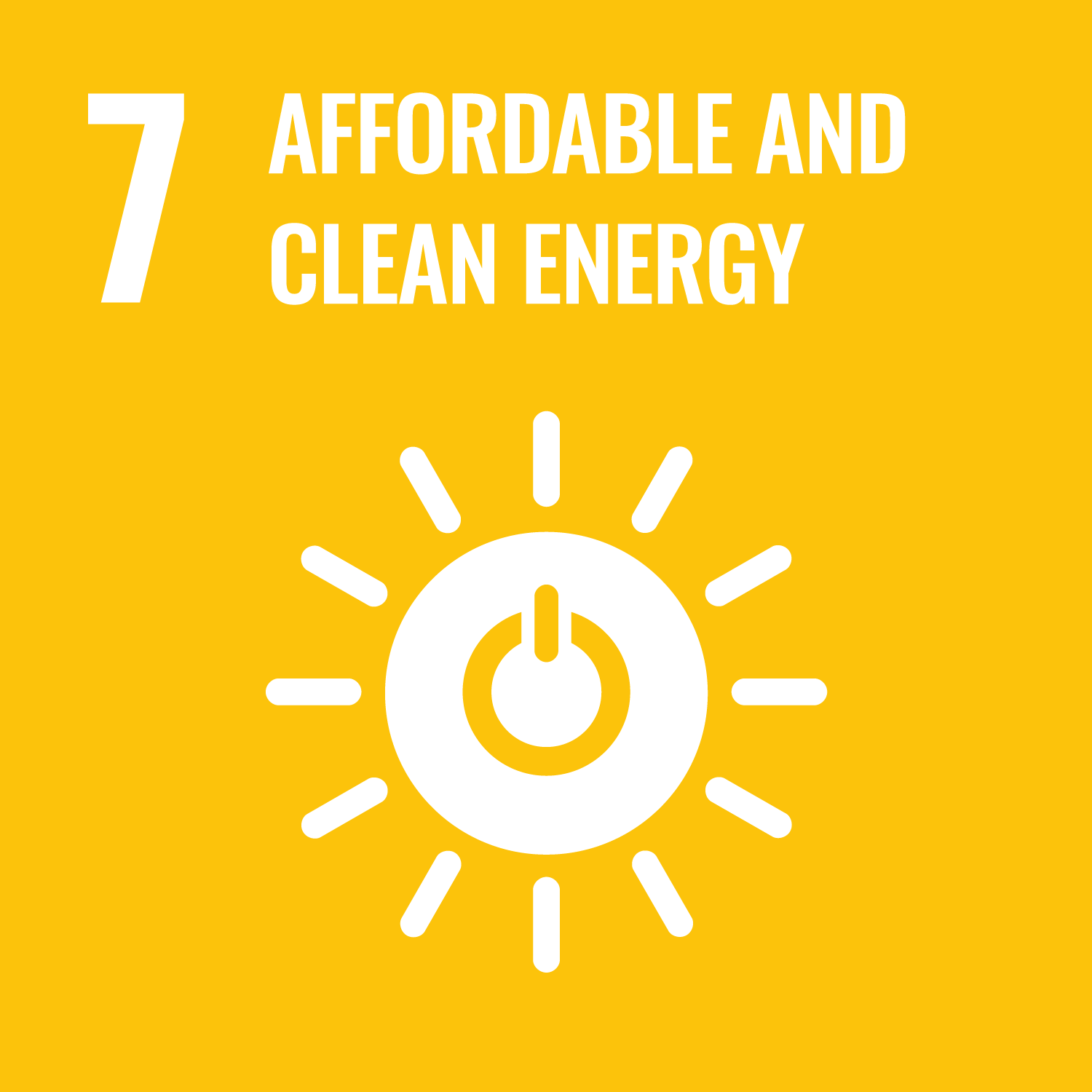
Explore more
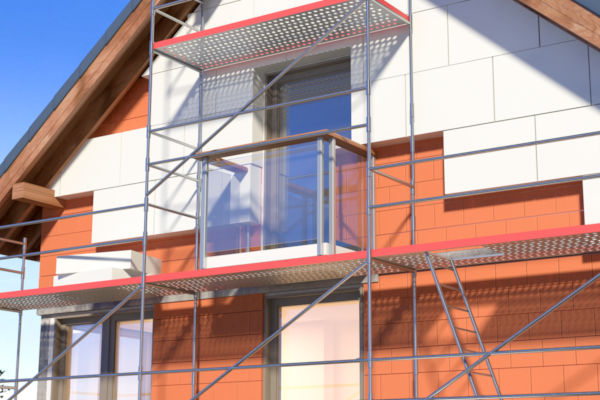
WHAM - Warmer Homes, Advice and Money
